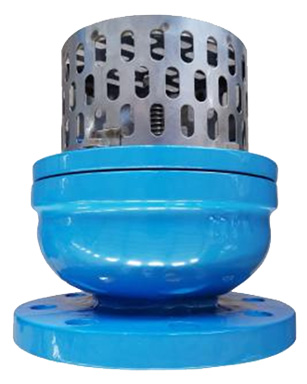9 月 . 14, 2024 09:54 Back to list
copper wire and cable
Copper Wire and Cable The Backbone of Electrical Connectivity
Copper wire and cable have long been celebrated for their pivotal role in electrical connectivity and communication systems. As one of the most effective conductors of electricity, copper's unique properties make it a preferred choice for various applications, ranging from residential wiring to complex industrial machinery.
The importance of copper wires can be traced back to their excellent electrical conductivity. Copper boasts a conductivity level of approximately 59.6 x 10^6 S/m, making it the standard by which all other conductors are measured. This high level of conductivity allows for minimal energy loss during transmission, which is critical in applications where efficiency is paramount. This characteristic is particularly valued in power generation and distribution systems, where copper wires are used extensively to connect generators, transformers, and various electrical devices.
In addition to electrical conductivity, copper wire's mechanical properties enhance its value in the industry. Copper is malleable, allowing it to be drawn into thin wires without breaking. This malleability facilitates the creation of various wire gauges and designs, catering to specific applications—from thin wires used in electronics to thicker cables required for heavy-duty installations. Furthermore, copper is resistant to corrosion, which ensures a longer lifespan for copper wiring systems, even in harsh environmental conditions.
copper wire and cable

Another significant advantage of copper cables is their ability to support high-frequency signals. This feature makes copper wiring indispensable in telecommunications and data transmission. For instance, twisted pair cables, which are common in networking applications, utilize twisted copper wires to reduce electromagnetic interference and enhance signal integrity. In this digital age, where high-speed data transmission is crucial, the reliability of copper cables plays an essential role in connecting homes, businesses, and entire communities.
Moreover, the environmental impact of using copper wire and cable cannot be overlooked. While alternatives like aluminum have emerged, copper remains a preferred choice due to its recyclability. Copper can be recycled multiple times without losing its properties, making it a sustainable option in an era increasingly concerned with environmental issues. The recycling process involves recovering copper from discarded cables and repurposing it, thus reducing waste and conserving natural resources.
In conclusion, copper wire and cable serve as the backbone of modern electrical and communication systems. Their superior conductivity, mechanical strength, resistance to corrosion, and ability to handle high-frequency signals make them indispensable in countless applications. As technology continues to evolve and the demand for efficient energy solutions grows, the relevance of copper as a key material in wiring and cabling will remain steadfast. Whether in powering our homes or connecting us through the internet, copper wire and cable are foundational elements that help drive progress in our increasingly interconnected world.
Share
-
Understanding the Differences Between Wafer Type Butterfly Valve and Lugged Butterfly ValveNewsOct.25,2024
-
The Efficiency of Wafer Type Butterfly Valve and Lugged Butterfly ValveNewsOct.25,2024
-
The Ultimate Guide to Industrial Swing Check Valve: Performance, Installation, and MaintenanceNewsOct.25,2024
-
Superior Performance with Industrial Swing Check Valve: The Essential Valve for Any SystemNewsOct.25,2024
-
Industrial Swing Check Valve: The Ideal Solution for Flow ControlNewsOct.25,2024
-
You Need to Know About Industrial Swing Check Valve: Functionality, Scope, and PerformanceNewsOct.25,2024